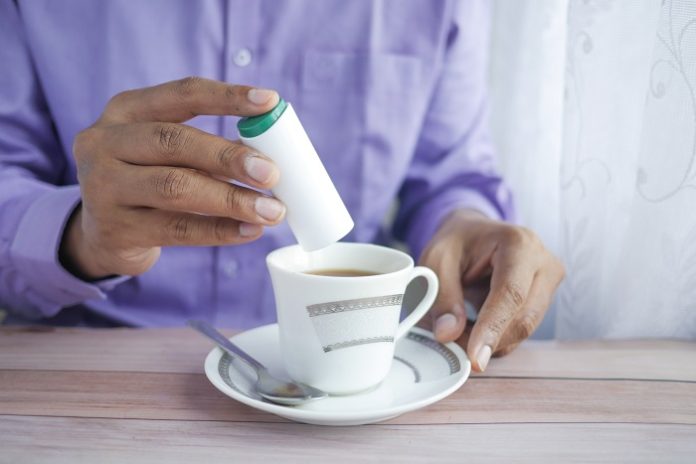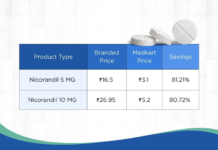
Non-sugar sweeteners have gained popularity as a potential tool for weight control, especially among individuals aiming to reduce their sugar intake. However, The World Health Organization (WHO) has released a new guideline on non-sugar sweeteners (NSS), which recommends against the use of NSS to control body weight or reduce the risk of noncommunicable diseases (NCDs).
“Replacing free sugars with NSS does not help with weight control in the long term. People need to consider other ways to reduce free sugars intakes, such as consuming food with naturally occurring sugars, like fruit, or unsweetened food and beverages,” says Francesco Branca, WHO Director for Nutrition and Food Safety. “NSS are not essential dietary factors and have no nutritional value. People should reduce the sweetness of the diet altogether, starting early in life, to improve their health.”
The recommendation is based on the findings of a systematic review of the available evidence which suggests that the use of NSS does not confer any long-term benefit in reducing body fat in adults or children. Furthermore, the long-term effect of the intake of NSS has a correlation with type 2 diabetes, cardiovascular diseases, and mortality in adults.
The recommendation encompasses the general population, excluding individuals with pre-existing diabetes, and encompasses both artificially produced and naturally occurring or altered non-nutritive sweeteners that are not categorized as sugars found in processed foods and beverages, or sold individually for consumers in addition to food and beverages. Prominent examples of NSS include acesulfame K, aspartame, advantame, cyclamates, neotame, saccharin, sucralose, stevia, and stevia derivatives.
The recommendation does not apply to personal care and hygiene products containing NSS, such as toothpaste, skin cream, and medications, or to low-calorie sugars and sugar alcohols (polyols), which are sugars or sugar derivatives containing calories and are therefore not considered NSS.

While NSS may offer short-term benefits, it is essential to emphasize the significance of sustainable weight management strategies. Relying solely on artificial sweetness without addressing the underlying factors contributing to weight gain, such as poor dietary choices and sedentary lifestyles, is unlikely to yield long-lasting results. Instead, a comprehensive approach that includes a balanced diet, regular physical activity, and behavior modification is crucial for achieving and maintaining a healthy weight.
While NSS may be useful in the short term, evidence suggests that they do not confer significant long-term benefits for weight control.
The WHO guideline on NSS is part of a suite of existing and forthcoming guidelines on healthy diets that aim to establish lifelong healthy eating habits, improve dietary quality and decrease the risk of NCDs worldwide.







